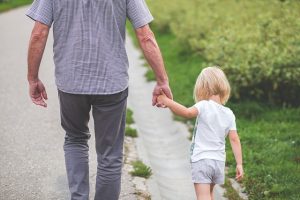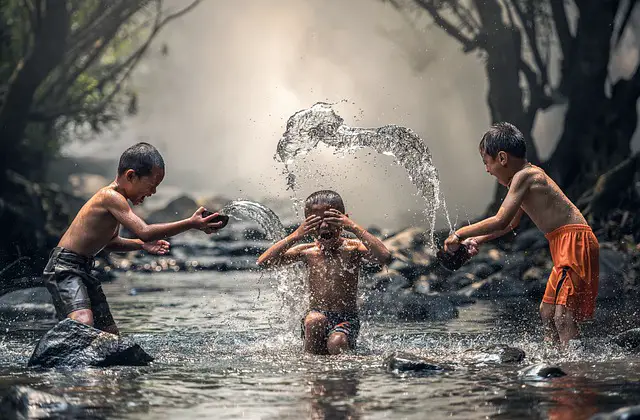And I went out to visit a friend who lives in a flood-prone area. When it rains, it takes days for his compound to dry. Most times, the water begins to turn green.
While I was with him and we were talking, a group of children started playing around the dirty water, which had already turned green.
I was disgusted with what I was seeing. Immediately, I shouted at the kids and helped them out of the water.
I told them to go home, and one of the kids, whom I think should be around 2 years old, said, “Auntie, it is unfair.”
That statement touched me. I wondered what was unfair. Taking her out of the water is now unfair? I asked her what she meant by being unfair, and she said, “You called us riffraff and good for nothing.”
With the greatest shock to my bones, I felt a cold touch. I kneeled on my left leg, reducing my height to hers, and quickly apologized for calling her that.
How Parents Hinder Their Child’s Self-Improvement Unknowingly
The three kids gathered, and I immensely apologized for calling them good for nothing and riffraff.
I took it upon myself to take them back to their parents and also apologized to them.

It was my first time having a child of such age tell me such a thing.
If I had not apologized, who knows the kind of perception that child would have about people.
My friend wondered why I did what I did. I was quick to remind him that our world is the way it is today because the older generation failed to teach us what was right.
As children, they have no idea of what they are doing. It is the responsibility of the older ones to teach them better. Not by making them feel less human either by saying unholy things to them or doing things that will discourage them from cultivating good moral values.
Honestly, every child deserves the love they can get. No matter how small they are, what you do or say around or about them is stored in their mind.
Let’s join hands and build a better society.
Nekenwa Saviosantos.
